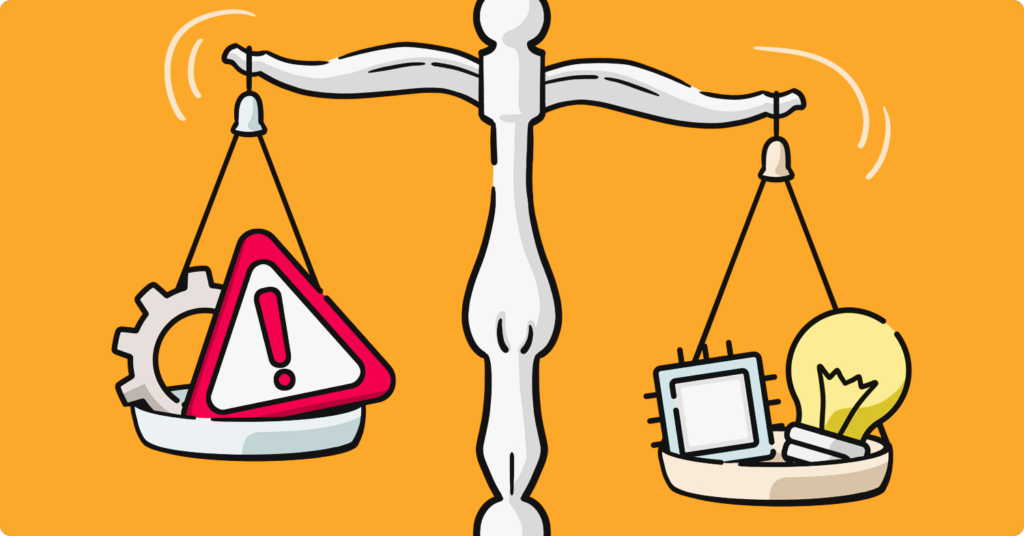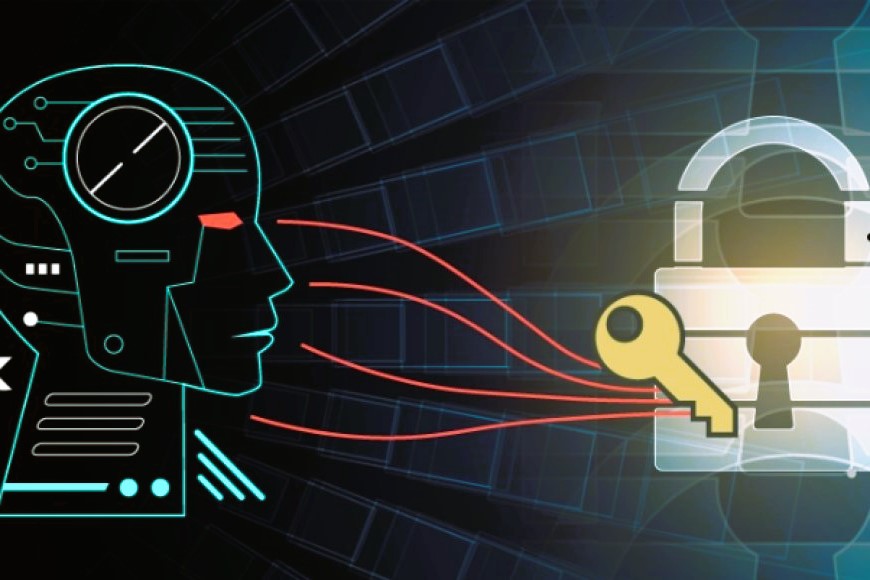Artificial Intelligence (AI) holds immense potential to transform various aspects of our lives, from healthcare and education to finance and governance. However, the rapid advancement of AI technologies also raises significant ethical considerations, especially concerning human rights. Striking a balance between innovation and ethics in the realm of AI is a pressing challenge that requires careful navigation. This article explores the intersection of AI and human rights, examining the challenges, opportunities, and the crucial need for ethical frameworks in the development and deployment of AI systems.
The Power of AI in Advancing Human Rights
1. Enhancing Access to Information:
AI technologies play a pivotal role in enhancing access to information, a fundamental aspect of human rights. Natural Language Processing (NLP) algorithms and machine learning models facilitate language translation, making information more accessible to diverse linguistic communities.
2. Healthcare Advancements:
AI applications in healthcare contribute to the realization of the right to health. Machine learning algorithms can analyze medical data, predict disease patterns, and assist in personalized treatment plans, thereby improving healthcare outcomes and accessibility.
3. Education and Inclusive Learning:
AI-powered educational tools provide personalized learning experiences, catering to individual needs and abilities. This fosters inclusive education, ensuring that diverse learners have equitable access to quality educational resources.
4. Humanitarian Aid and Disaster Response:
AI technologies aid in humanitarian efforts and disaster response by analyzing vast datasets to predict and mitigate the impact of natural disasters. Autonomous drones equipped with AI can assess disaster-stricken areas, providing valuable information for relief efforts.
5. Enhanced Judicial Processes:
AI applications in the legal sector contribute to fair and efficient judicial processes. Predictive analytics can assist in case management, while AI-powered tools aid in legal research, improving the overall efficiency of legal systems.
Ethical Challenges in AI and Human Rights

1. Bias and Discrimination:
AI systems may inherit biases present in training data, leading to discriminatory outcomes. This poses a significant challenge in ensuring that AI applications do not perpetuate or exacerbate existing inequalities and biases.
2. Privacy Concerns:
The collection and analysis of vast amounts of personal data by AI systems raise serious privacy concerns. Striking a balance between utilizing data for innovation and protecting individuals’ right to privacy is a complex ethical challenge.
3. Autonomous Weapons and Security Risks:
The development of autonomous weapons and AI in military applications raises ethical questions about accountability, transparency, and the potential for unintended consequences. Ensuring responsible use in the context of armed conflict is paramount. Demystifying Big Data: Benefits and Challenges for Enterprises.
4. Lack of Explainability:
The opacity of some AI algorithms, particularly in deep learning models, presents challenges in understanding how decisions are made. The lack of explainability can hinder accountability and transparency in crucial areas such as hiring, lending, and criminal justice.
5. Job Displacement and Economic Inequality:
The automation of certain tasks by AI systems may lead to job displacement, potentially widening economic inequalities. Addressing the ethical implications of AI in the workforce requires proactive measures to retrain and upskill the workforce.
Opportunities for Ethical AI Development
1. Ethical Design and Development Practices:
Adopting ethical design principles from the outset is crucial. Developers should prioritize fairness, transparency, and accountability in the design and development of AI systems to mitigate biases and discriminatory outcomes.
2. Diverse and Inclusive Development Teams:
Ensuring diversity in AI development teams is essential for avoiding biased algorithms. Teams that represent a variety of backgrounds and perspectives are more likely to identify and address potential biases in AI systems.
3. Explainable AI:
Emphasizing the development of explainable AI models allows for transparency in decision-making processes. Ensuring that AI systems provide clear explanations for their outputs enhances accountability and builds trust among users.
4. International Collaboration and Standards:
Collaboration on a global scale is vital to establish ethical standards for AI development and deployment. International organizations and governments can work together to create frameworks that uphold human rights and ethical principles in AI.
5. Continuous Monitoring and Auditing:
Implementing mechanisms for continuous monitoring and auditing of AI systems can help identify and rectify ethical issues as they arise. Regular assessments ensure that AI applications align with ethical standards throughout their lifecycle.
Standards in AI and Human Rights

For those interested in exploring standards and ethical considerations in the intersection of AI and human rights, the Wikipedia page on Ethics of Artificial Intelligence and Robotics offers comprehensive insights. This resource covers various ethical aspects, including transparency, accountability, and societal impact, providing valuable perspectives on the ethical considerations in AI development.
The Future of Ethical AI
As AI technologies continue to advance, the future of ethical AI holds the promise of innovative solutions that prioritize human rights. Ongoing research, collaboration, and the integration of ethical considerations into AI development processes will shape the trajectory of AI in a manner that aligns with human rights principles.
Conclusion
The intersection of AI and human rights presents both opportunities and challenges that demand careful ethical consideration. Striking a balance between innovation and ethics requires a concerted effort from developers, policymakers, and the global community. By adopting ethical design practices, fostering diversity in development teams, and establishing international standards, it is possible to harness the transformative power of AI while upholding fundamental human rights. As we navigate this evolving landscape, a commitment to ethical AI development will be crucial in shaping a future where technology serves humanity ethically and inclusively.
